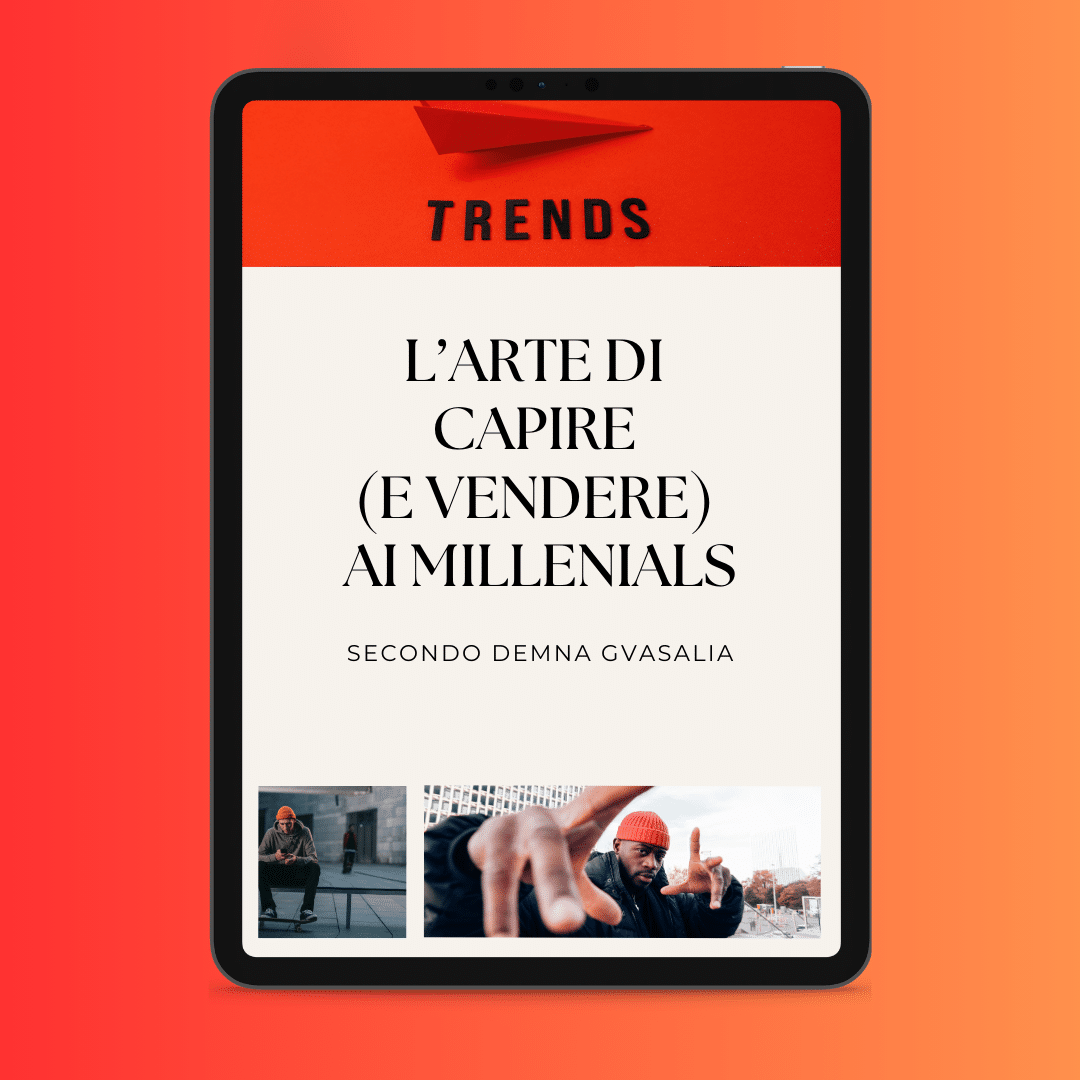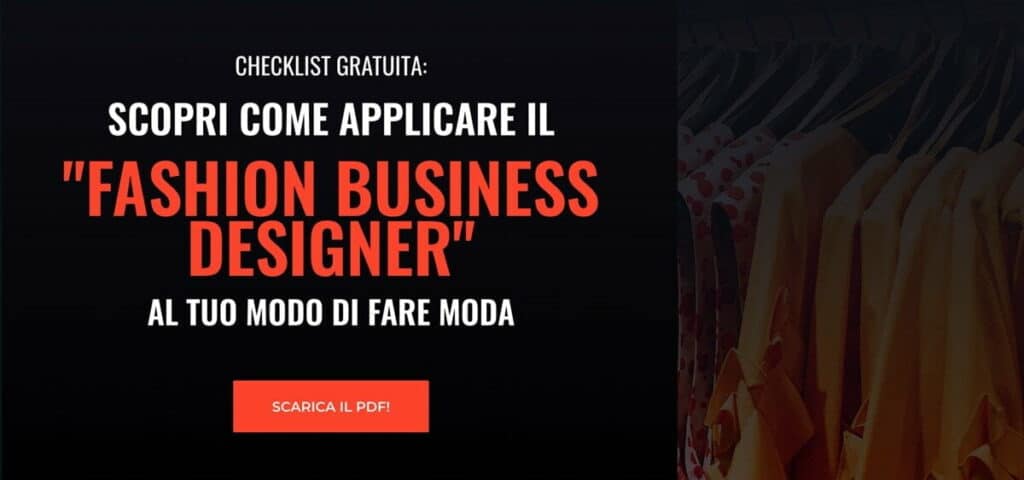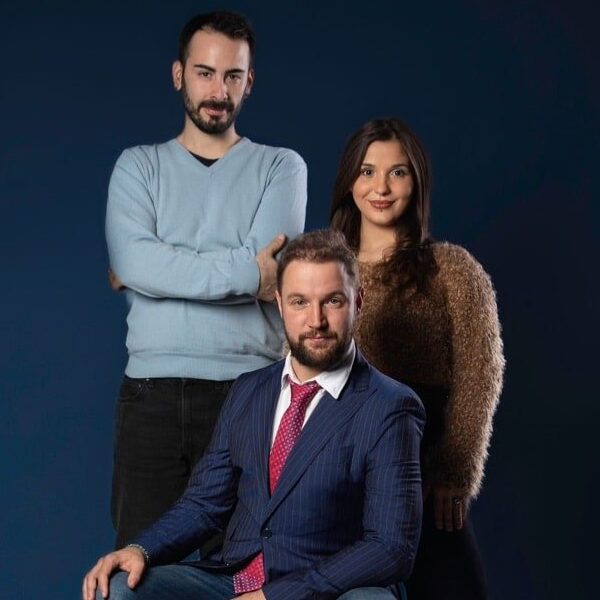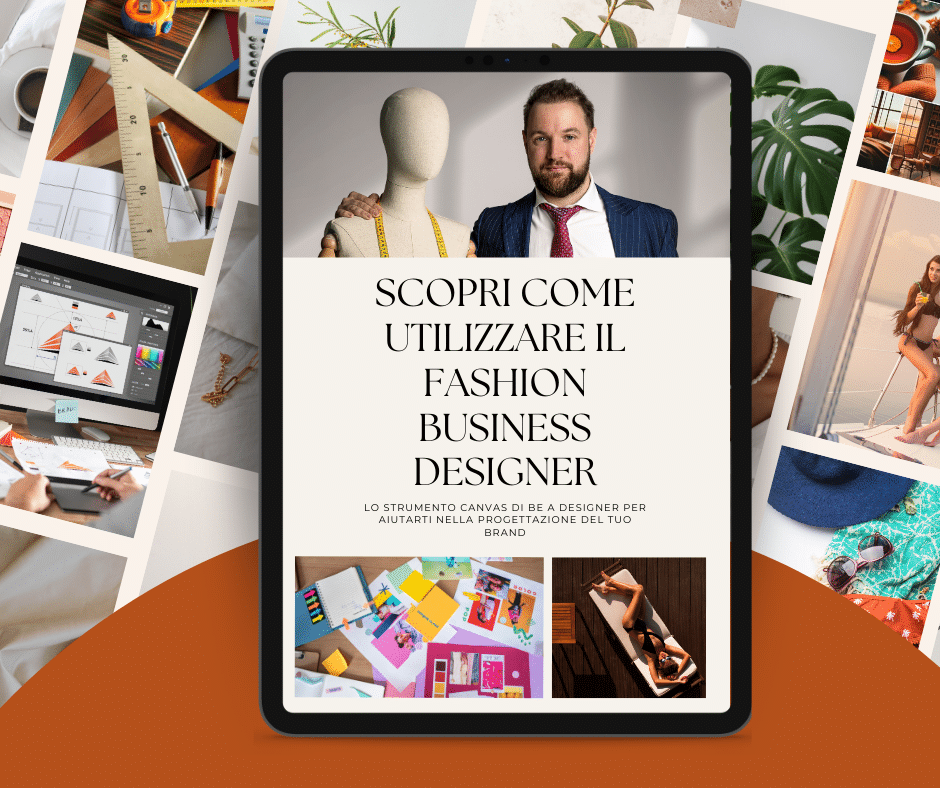Some designers manage to have timeless insights that transcend history. Others have the ability to so intimately capture the spirit of a historical moment that their power is extinguished by the slightest change in the status quo. Then there are some who seem good at first, but in the long run have the same effect as a guy picked up in a nightclub once seen in the morning light, when you awkwardly ask yourself, "Oh my God, what was I thinking?"
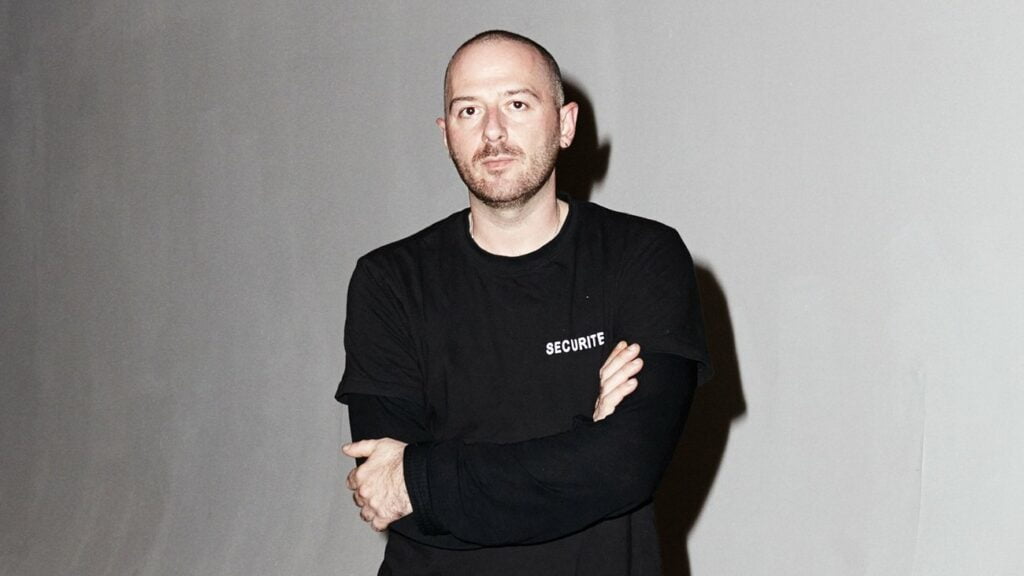
Demna Gvasalia, the most wanted man in the fashion world
It is too early to know what will become of Demna Gvasalia. Perhaps he will be remembered as great, but if not, he can console himself with the fact that he was in tune with the ethos of our time like no other.
It has already been ten years since the invasion of social media, when the arrival of the iPhone and the rise of non-stop web connectivity redefined our lives and the world.
Gvasalia was the first fashion designer to truly interpret the Internet era. His creations for Balenciaga and Vetements are ironic, mocking and full of pop cultural references.
This directly reflects the way we communicate online, in fact, if we consider any influencer - who has become famous only because of what he or she posts on the Internet - we can see the same communicative slant.
For journalists, rappers, porn stars and every other celebrity, popularity on social media is a reflection of their place in reality. For twitstars, however, it is not: their notoriety derives entirely from the mastery with which they communicate online.
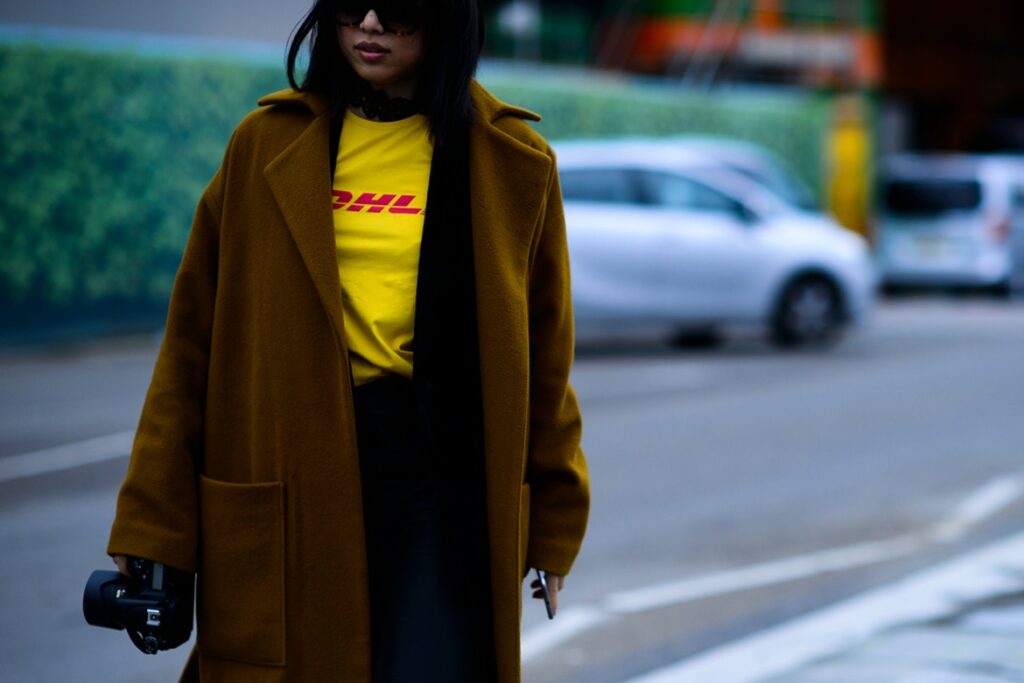
Pop cultural references are so pervasive on the Internet because they are a global yet utterly impersonal language. Flesh-and-blood human interaction allows us to make jokes based on collective experience and individual personalities, and since it is impossible to recreate this in the alienating, anonymous void of the web, we rely on widely shared pop cultural signals as a common language.
All these aspects can be recognised in Gvasalia's creations. Although they bear little resemblance to the kind of pop cultural hooks used online, the nods to DHL, IKEA, Bernie Sanders' presidential campaign and James Cameron's Titanic have that instant recognisability that we have become accustomed to by surfing the Internet every day. They have a collective meaning that does not need to be established or explained.
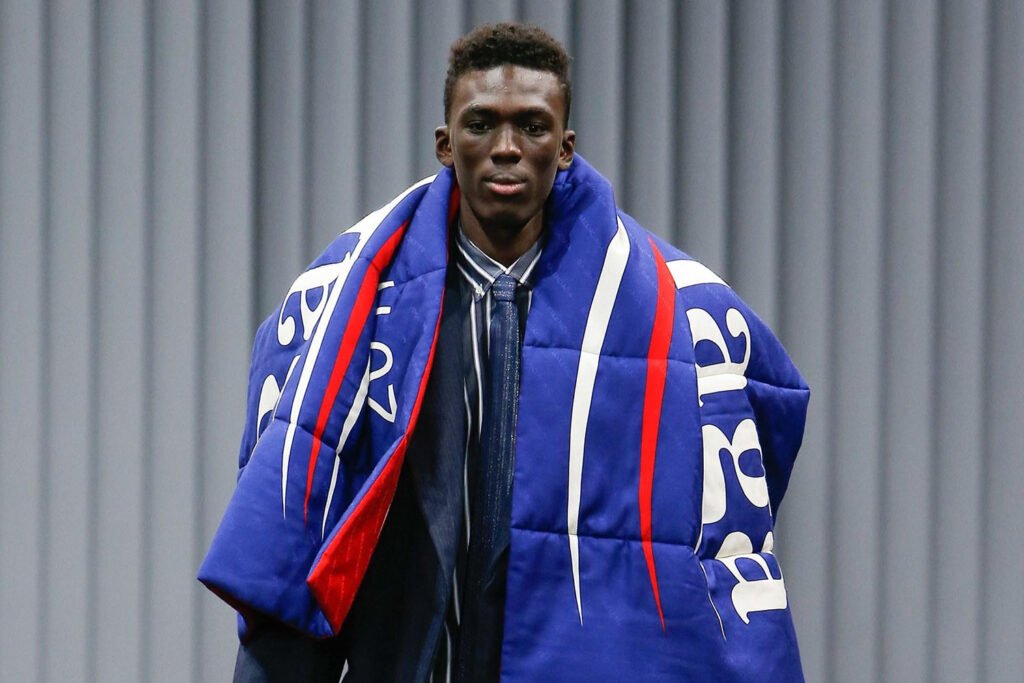
The designer's creations are always irreverent: he mocks the excesses and frivolity of the fashion world while participating in it. The work of Jeremy Scott and Anya Hyndmarch is also flooded with similar references, but their use of pop cultural symbols does not serve the same purpose and their work does not present other characteristics of web culture.
There is always an element of meme in Demna's creations. Vetements and DHL t-shirts and Balenciaga's FRAKTA bag reimagine familiar objects in new forms that invest them with new meanings, just as Internet users have turned Willy Wonka's smile into an avatar that suggests mockery.
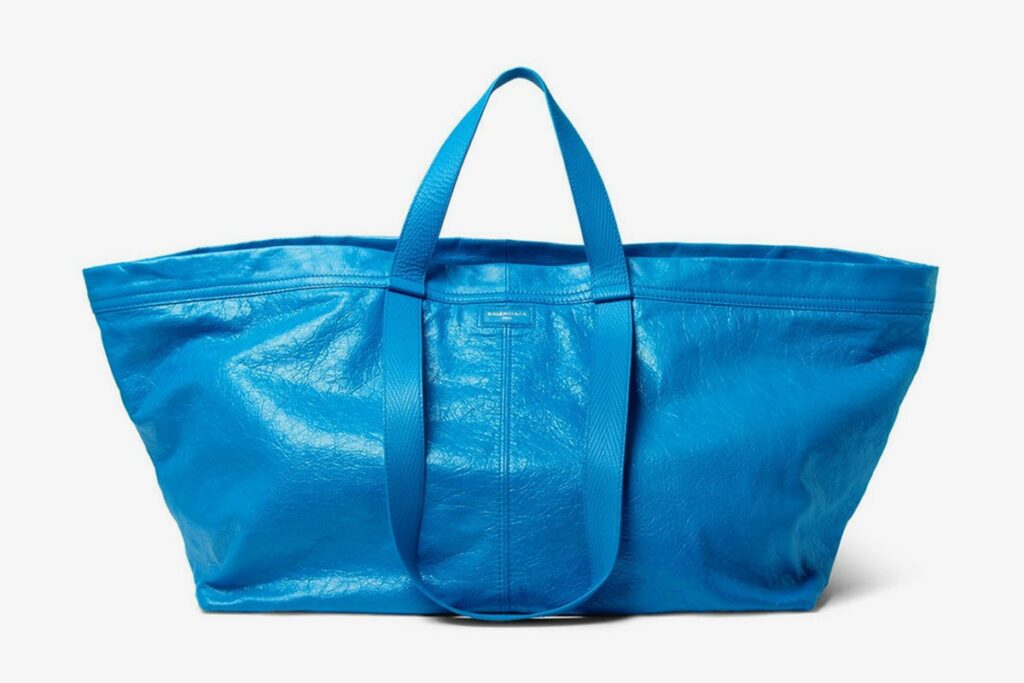
There is a meta-self-consciousness in Gvasalia's leaders. Their ironic purpose is very clear and consciously invokes a response from the public - much of which comes into contact exclusively via the Internet. Demna knows that you can buy a virtually identical T-shirt directly from DHL for a ridiculously lower price.
In fact, he even wants you to buy one, take a selfie and tag it on Instagram. This turns his work into a meme that exists both on the web and IRL. The sneaky addition of three red stripes wrapping around the back of Vetements' version is a game of counter-subversion to allow a select few to catch the difference and feel part of a very exclusive club.
It's the same for the IKEA bag: Gvasalia recreated its original design in a new luxury form. Internet users responded by cutting up their FRAKTAs and turning them into hats, wallets, fake gas masks and sexy underwear, obviously to share online. The viral chain reaction went as far as IKEA, which contributed an AD dedicated to FRAKTA, closing the loop.
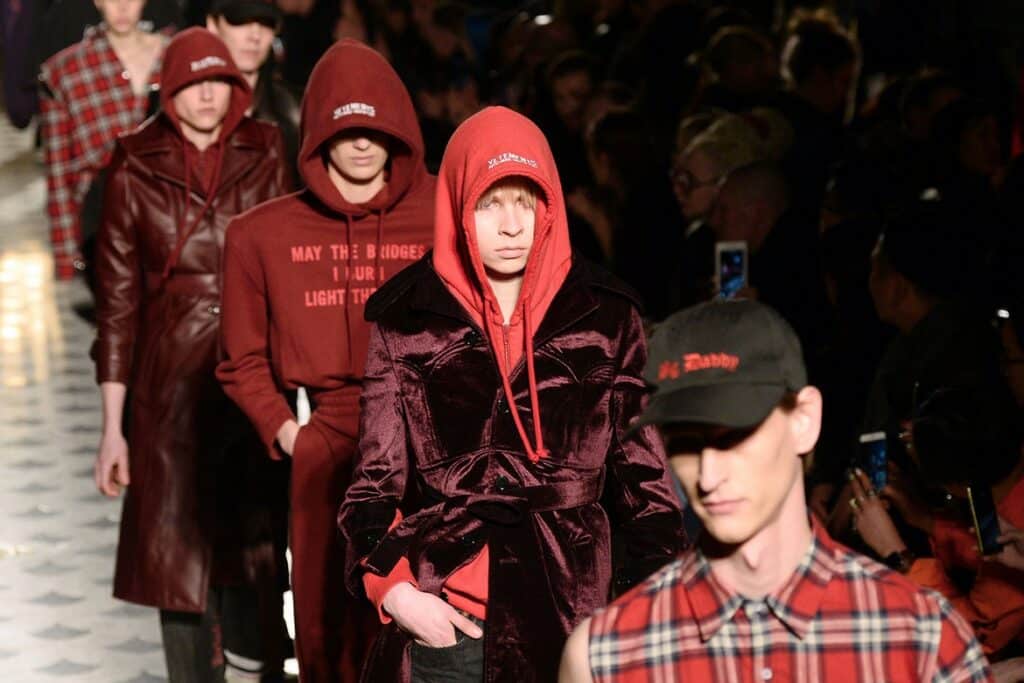
Every collection designed by Gvasalia is imbued with irony: DHL and IKEA were chosen as sources of inspiration because they are utility brands rather than aspirational. They are simply not-fashion, they are the anti-fashion. Demna openly admits it: 'it's ugly, that's why we like it'. Where fashion once aspired to beauty and aesthetic refinement, today it prefers ugly.
The ironic approach is typical of Millennials and stems in part from the belief that this generation has little to offer in terms of culture, that everything has already been done, or that a serious commitment to anything will eventually be thwarted by changing trends.
No attack can stand, when the justification is that it was all done 'for the LOL'. The ironic frame acts as a shield against criticism, as it allows a person to avoid responsibility for his choices, not only aesthetic ones.
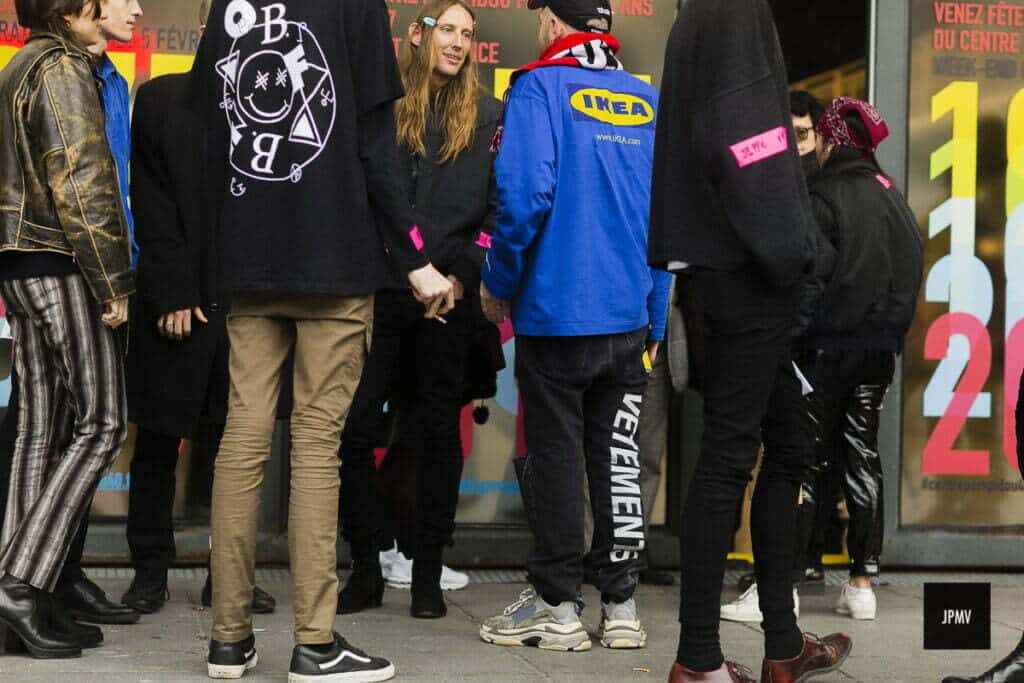
Gvasalia's irony works in the same way: he artificially embellishes products in the cool and seemingly effortless way that fashion likes so much, but it is only a trick because everything is studied down to the smallest detail. In this way, it can imitate the glittering superficiality of the fashion industry by caricaturing it, rather than presenting an alternative, because otherwise it would make itself vulnerable to criticism. He does not feel the pressure of having to create something really new or beautiful: he can hide behind 'the LOL'.

Do you want to develop your own capsule collection?
We can help you design it, produce it and sell it with our all-inclusive package

